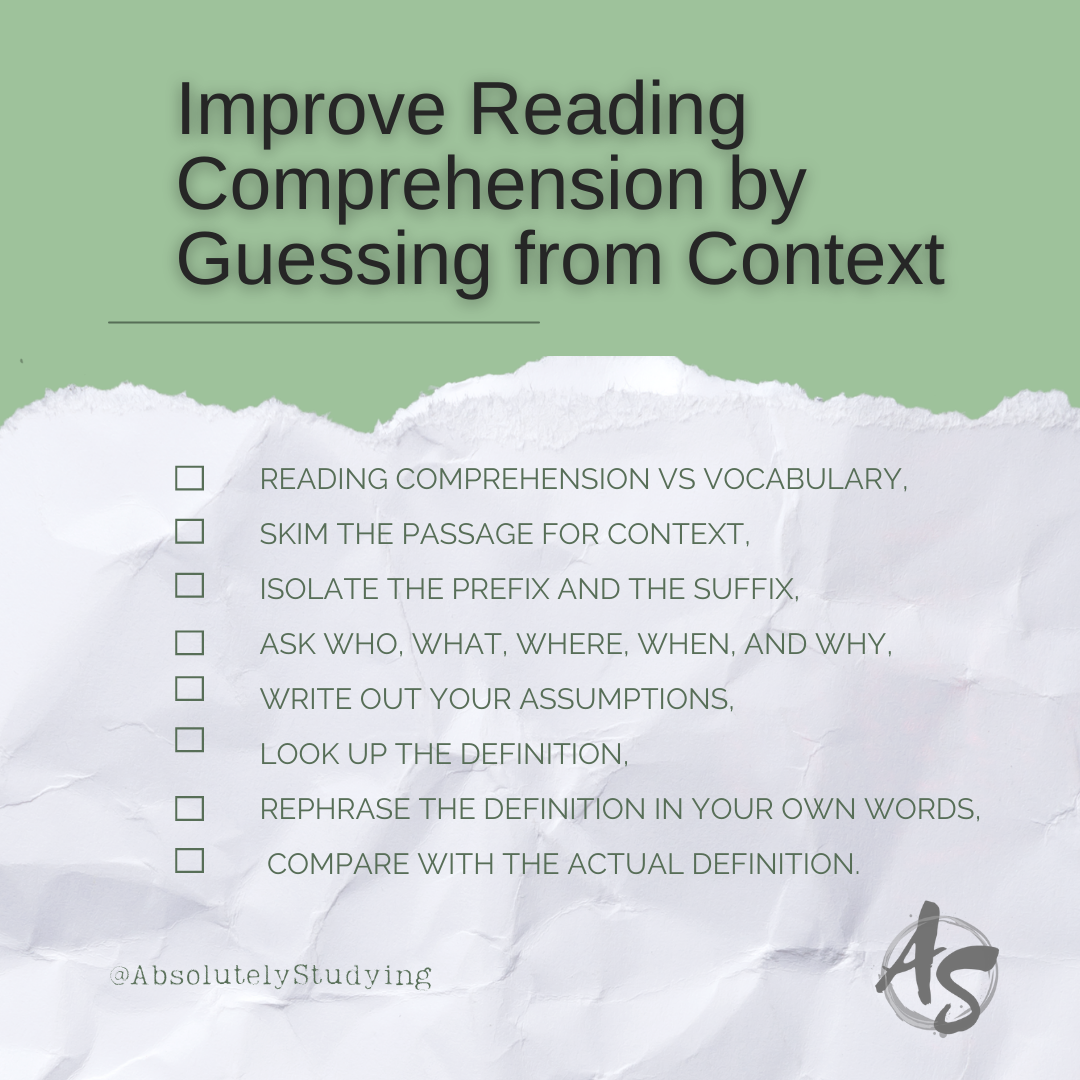Reading comprehension is a critical skill that involves understanding and interpreting written text. It goes beyond just reading words on a page; it requires the ability to grasp the meaning, analyze the information, and make connections between ideas. Strong reading comprehension skills are essential for success in school, work, and everyday life.
Effective reading comprehension allows individuals to not only understand the text but also to think critically about it, draw conclusions, and apply the information to new situations. It involves active engagement with the material, including asking questions, making inferences, and evaluating the author’s purpose and tone.
Define Reading Comprehension
Reading comprehension is the ability to understand, interpret, and evaluate written text. It involves making sense of the words on the page, connecting them to prior knowledge, and extracting meaning from the text. It encompasses various skills, including vocabulary knowledge, fluency, and critical thinking.
One key aspect of reading comprehension is the ability to identify main ideas and supporting details within a passage. This skill allows readers to grasp the overall message of the text and understand how different pieces of information relate to one another. It also helps readers to effectively summarize and recall the information they have read.
Another important component of reading comprehension is inferencing, which involves drawing conclusions based on evidence presented in the text. By making inferences, readers can fill in gaps in the information, make predictions, and understand the author’s implicit messages. This skill requires readers to think beyond the literal meaning of the words and consider the underlying implications.
Additionally, reading comprehension involves evaluating the credibility and reliability of the text. Readers must consider the author’s perspective, biases, and potential motives in order to determine the validity of the information presented. By critically analyzing the text, readers can develop a deeper understanding of the content and form their own opinions.
In conclusion, reading comprehension is a multifaceted skill that is essential for effective communication, learning, and problem-solving. By developing strong reading comprehension skills, individuals can enhance their ability to process and understand written information, leading to improved academic and professional success.
